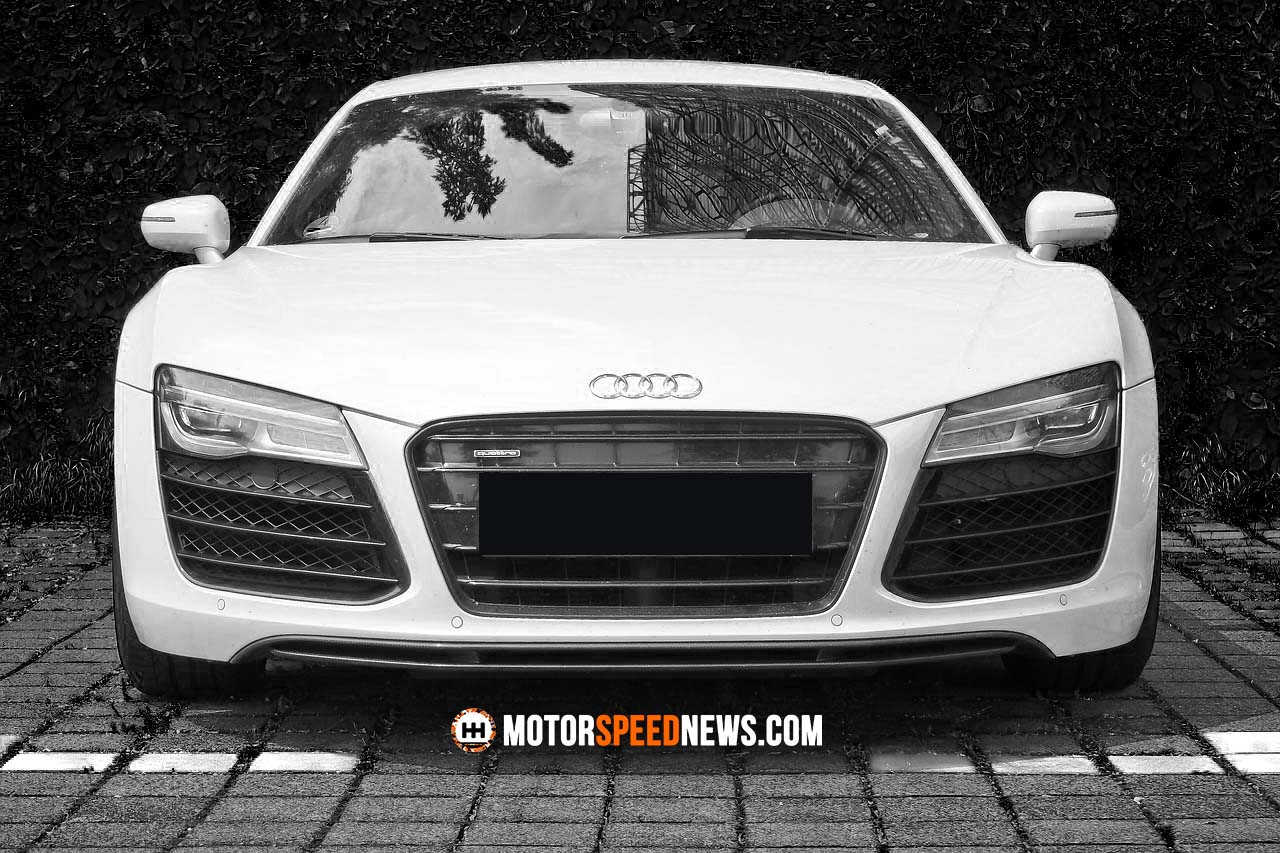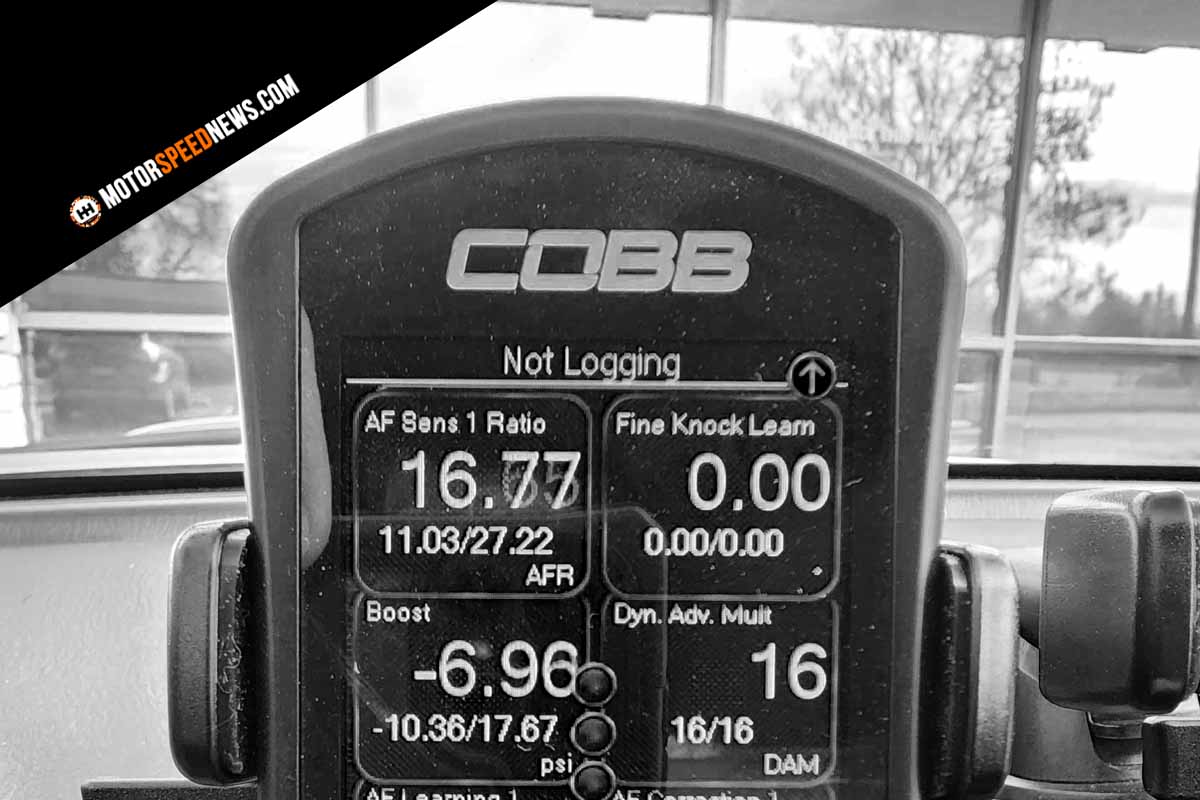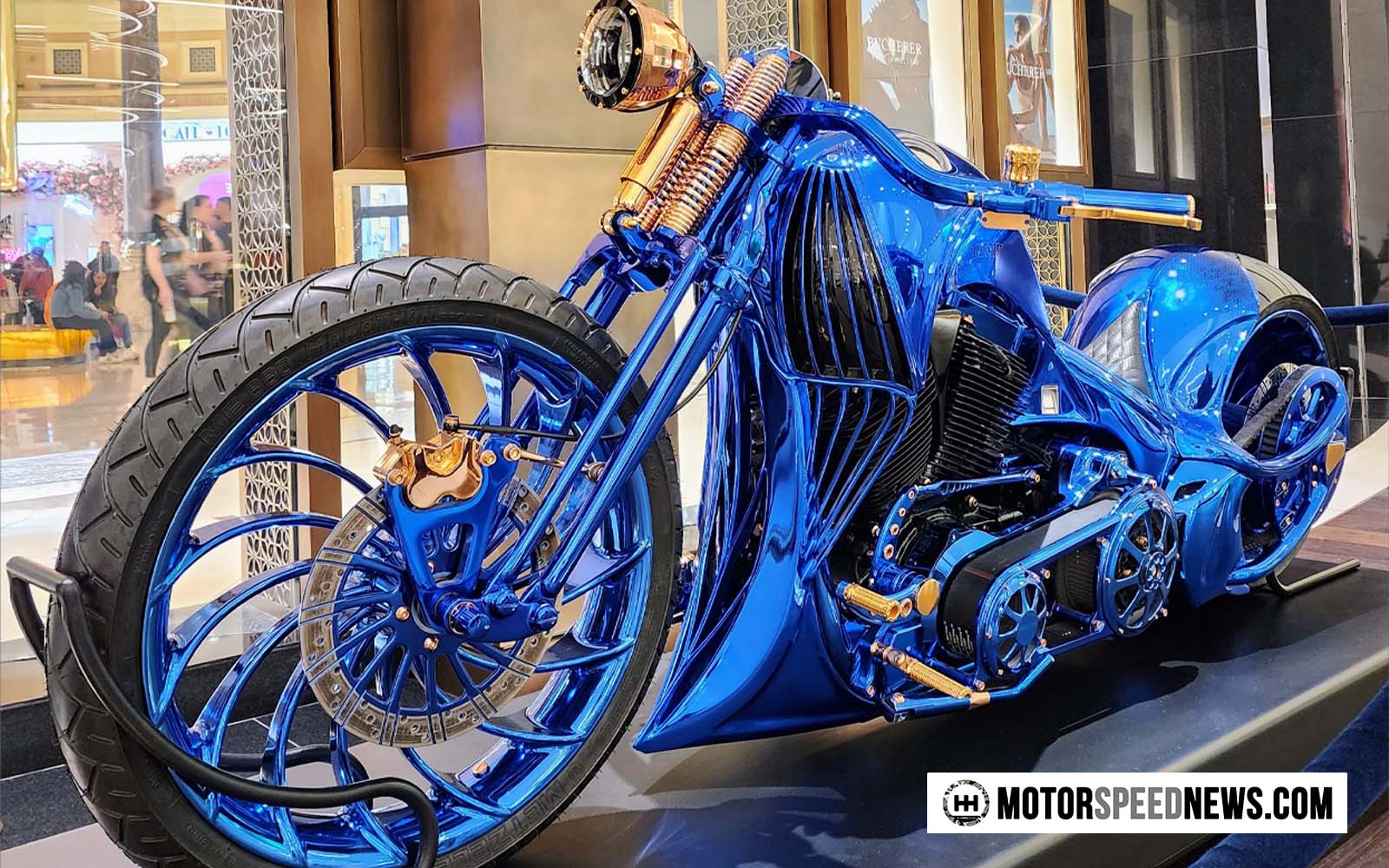If you are a fan of sports cars from Japan, you likely know about the Lexus supercar, the LFA. The first LF-A concept premiered in 2005 and the production model was finally shown at the Tokyo Motor Show in 2009. The luxury car division of Toyota gave the LFA and all-new even firing V-10 engine (a 4.8-liter naturally-aspirated V-10), which was developed in collaboration with Yamaha. The car features unreal body rigidity thanks to its carbon fiber-reinforced polymer (CFRP) body. Lexus went as far as to make the LFA’s body composition by mass, 65 percent CFRP. Sources say that the new 2019 Supra will feature body rigidity on par with the LFA
The LFA makes a total of 552 horsepower and can reach a top speed of 202 mph.
LFA Service Is Expensive, Just Like The Car
Lexus calls their line of performance vehicles the F marque line. The LFA is the second model in the series and the Lexus supercar went into production in late 2010, with a sticker price of $375,000 USD. Only 500 LFAs were produced! Limited production runs give way to unreal prices. We predict LFAs will continue to rise in price over the next few decades. The very last LFA produced a Nürburgring Package model, a special track-oriented version with a price of $445,000 USD. The Nurburgring Package gave owners an extra couple horsepower (563 HP) and more carbon fiber all around. It also included a personal session on the world-famous racetrack and a pass to drive on the Nurburgring for one year. The Nürburgring Package LFA recently sold for an astonishing $700,000 USD at an auction in Palm Beach, Florida. The LFA is the ultimate Lexus supercar, and Lexus takes extra steps when servicing the V-10 monster.How The Legendary Lexus Supercar Get’s Serviced
Source: TopGear.com“The noise. The sheer noise of the thing. Anyone who has ever been privy to a Lexus LFA during, let’s say, a spirited acceleration phase will confirm that a) someone up there really does like us and being human isn’t all that much of a chore, and b) it’s really quite special. The Lexus LFA came to us many, many years ago as a precious (expensive) object of supercar desire. Here was a V10-engined Lexus with the capacity to go from 0-62mph in 3.7secs and onto a top speed of 202mph. The rev counters had to be digital to keep up with that V10. It was built from exotic materials. It was really, really good on a track. And it had that thing that all unicorns require: a limited production run. Only 500 were built. And Lexus’s UK head office has detailed how it manages to keep its sole LFA in fighting shape. It’s maintained at the ‘LFA Centre of Excellence’ at Toyota’s Motorsport HQ in Germany. “We treat an LFA more or less like a Le Mans car,” explains Peter Dresen, the man in charge of the centre. Yep, a road car that requires racecar levels of expertise…
It’s stripped
Lexus removes every body panel for better access to the suspension, steering and sub-frame, and every single nut and bolt is checked. And then re-checked. Even the hydraulics are given a quick once over.
The brakes get a fingertip check
Lexus removes the discs and pads, and then treat them to “a careful visual and fingertip” inspection. They’re then weighed to make sure they’re within tolerances, and while the tech center has an X-ray machine to look inside the brakes, they’ve never been needed for an LFA service. “If we see anything strange related to wear on a disc or a pad, we will just replace the item,” Dresen said.
The brake fluid is checked with a special tool
Over the normal servicing items – oil, filters, air-con filter and so forth – the brake fluid reservoir needs the deployment of a special electronic tool to decipher whether there’s any trace of water.
The body is carefully looked over
The body gets a very special ‘detailed’ inspection to check for scratches and so forth – it is carbon fibre-reinforced plastic, after all.
This one had an oil pump repair
…which meant the gearbox and transmission tube had to come out (they had a choice of removing the engine instead, but this route saved a day and a half worth of work). All this to replace an internal seal. They changed the sump too, because why not if you’re already in there?
It gets three test drives once the checks have been finished
“You have to warm the engine first and then build up,” Dresen said. “It’s very important that you take care and don’t just start driving hard directly after working on the LFA, particularly when you’ve replaced parts such as the seals.” So, the first test is a small run around the Toyota Motorsports building without the underbody panels attached (it takes a couple of hours to put them back on). If it passes this test, the panels are attached and it’s taken out on local roads for around 2.5 miles, and if that’s OK, then it’s run on the Autobahn “at speed” for about six miles. Do they have a job going?
They check most of the 38 European LFAs here, but travel to service others
Recently, the TMG team travelled to Norway to carry out a three-year service on an LFA. And if American LFAs head to Europe – say, if the owner wants a run at the Nürburgring – TMG will take a look, and advise on technical issues and do tyre changes or brake checks beforehand. “We’re always happy to see another LFA,” Dresen said. So are we.” Source: TopGear.com
The Best LFAs On Instagram | Lexus Supercar Photography
Will the Legendary Lexus Supercar Ever Be Made Again?
In short, the answer is no, the LFA will not be produced again. But we found out when we might expect a new Lexus supercar:In February 2016, Lexus’ European boss Alain Uyttenhoven confirmed that there would be no new LFA replacement in the near future, stating: “The LFA is an icon now and possibly always will be – we don’t need to replace it to keep that status. It is a car we can reference for another 25 years if we choose. Its status is assured.” He went on to state: “It is possible that we will one day create another supercar, but in my view a super-high-end machine is not what we need right now.” Source: Wikipedia
Lexus LFA Videos:

Founder and Executive Editor for Motor Speed News.
Current Garage:
2002 Subaru Impreza WRX Wagon (302 whp)
2005 Toyota Tundra Limited
1986 Yamaha Virago XV1100









